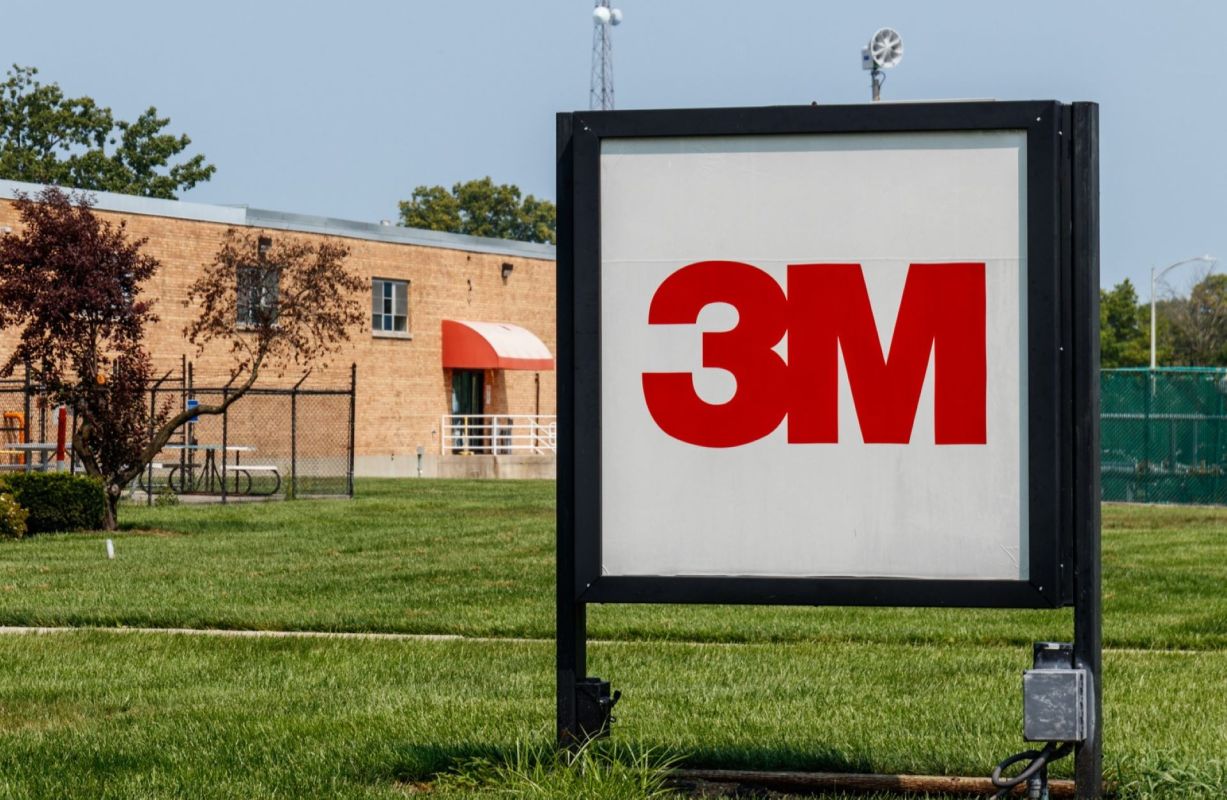3M, a conglomerate allegedly responsible for releasing harmful chemicals into drinking water, recently agreed to a settlement of at least $10.3 billion and up to $12.5 billion paid over 13 years. The funds would be appropriated for testing water for per- and polyfluoroalkyl substances (PFAS) and abating the chemicals in affected water.
"This settlement with 3M is a significant step forward in what has been many years of work to make sure that those responsible for the contamination of our nation's drinking water supply with PFAS 'forever chemicals' pay for the damage — not the victims of the contamination," Rob Bilott, a member of the plaintiff's court-appointed advisory council, said.
Despite the payout, some folks are concerned that the settlement money will not cover the injuries and damages perpetuated by 3M.
"The agreement does not resolve hundreds of cases that seek compensation for personal injuries and property damage," University of Richmond law professor Carl Tobias commented.
PFAS are a class of chemicals deemed "forever chemicals" because they do not easily break down in the environment. Because the chemicals hold up well to oil, water, and heat, they have been used to manufacture consumer items like raincoats and non-stick cookware.
Scientific research has revealed that the impacts of PFAS on the human body are troubling and include kidney disease, decreased fertility, and congenital disabilities.
The cases against 3M allege that the company knew that the two classes of PFAS — PFOA and PFOS — threatened human and environmental health, yet chose to manufacture them, reports The New Lede.
A statement from 3M chairman and CEO Mike Roman claimed that the company has invested in "state-of-the-art water filtration technology" in its chemical manufacturing process in the past few years and plans to cease all PFAS manufacturing by 2025.
The settlement is a victory in the fight against companies like 3M and may suggest a turning point for other corporate cases.
"This settlement will go a long way toward cleaning up drinking water for millions of Americans, but the costs to our health and our environment are likely far larger," Emily Scarr, director of the Maryland Public Interest Research Group (PIRG), said, per Environment America. "We need to keep holding polluting industries accountable so taxpayers don't have to foot the bill."
TCD Picks » Upway Spotlight

Join our free newsletter for cool news and actionable info that makes it easy to help yourself while helping the planet.














